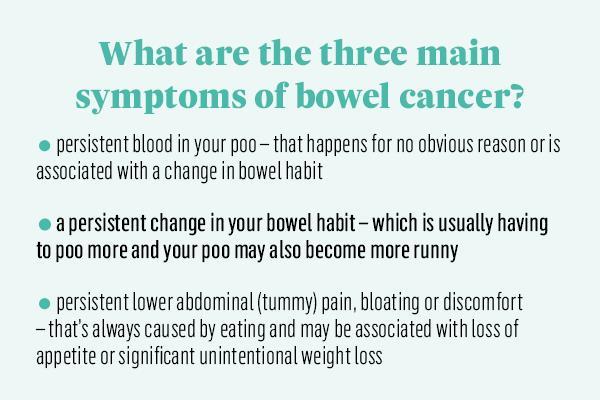Antibiotic use could be linked to an increased risk of bowel cancer, according to a new research.
Researchers at the University of Aberdeen and Queen’s University Belfast conducted the study, which found antibiotic usage was linked with nearly a 50% higher risk of bowel (colon) cancer in people aged under 50, and a 9% higher risk in those over 50.
As a result of the findings, which were presented at the ESMO World Congress on Gastrointestinal Cancer, researchers are advising doctors and patients to reduce unnecessary antibiotic usage.
‘You should be very careful around how much antibiotics you use’
Senior author Dr Leslie Samuel, a consultant oncologist at Aberdeen Royal Infirmary, said: “Our main message is that you should be very careful around how much antibiotics you use – particularly when it comes to young people and adolescents.
“We noticed an increase in young people coming through the oncology department at ARI with colon cancer.
“Most of these patients didn’t seem to fit into the groups you’d think they would – so they weren’t obese, they were fairly active and there was no genetic factor.
“They weren’t at higher risk, so we particularly wanted to look at younger people – those under 50 years old.”

‘Data stresses the importance of avoiding unnecessary antibiotics, especially in children and young adults’
The study used data from a large Scottish primary care database of 8,000 people diagnosed with bowel cancer.
The University of Aberdeen‘s Sarah Perrott, who also worked on the study, said: “To our knowledge, this is the first study to link antibiotic use with the growing risk of early onset colon cancer – a disease which has been increasing at a rate of at least 3% per year over the last two decades.”
She added: “Junk food, sugary drinks, obesity and alcohol are likely to have played a part in that rise, but our data stresses the importance of avoiding unnecessary antibiotics, especially in children and young adults.”
Future research
In the younger age group, antibiotic use was linked to cancers in the first part of the colon (the right side).
Quinolones and sulfonamides/trimethoprim, which are used to treat a wide range of infections, were associated with these right-side cancers. However, Dr Samuel stressed that’s not to say those specific antibiotics were the definite cause of bowel cancer in patients.
Dr Samuel added: “Some studies in other parts of the world suggest this link is between colon cancer and people who have had quite a lot of antibiotics. Our study did not show that.
“It may be that exposure to antibiotics when you’re young carries a higher risk than if you have antibiotics when you’re older.
“We now want to find out if there is a link between antibiotic use and changes in the microbiome which can make the colon more susceptible to cancer especially in younger people.
“It’s a complex situation as we know that the microbiome can quickly revert to its previous state even when the bowel has been cleared out for a diagnostic procedure such as an endoscopy.
“We don’t yet know if antibiotics can induce any effects on the microbiome that could directly or indirectly contribute to development of colon cancer.”
